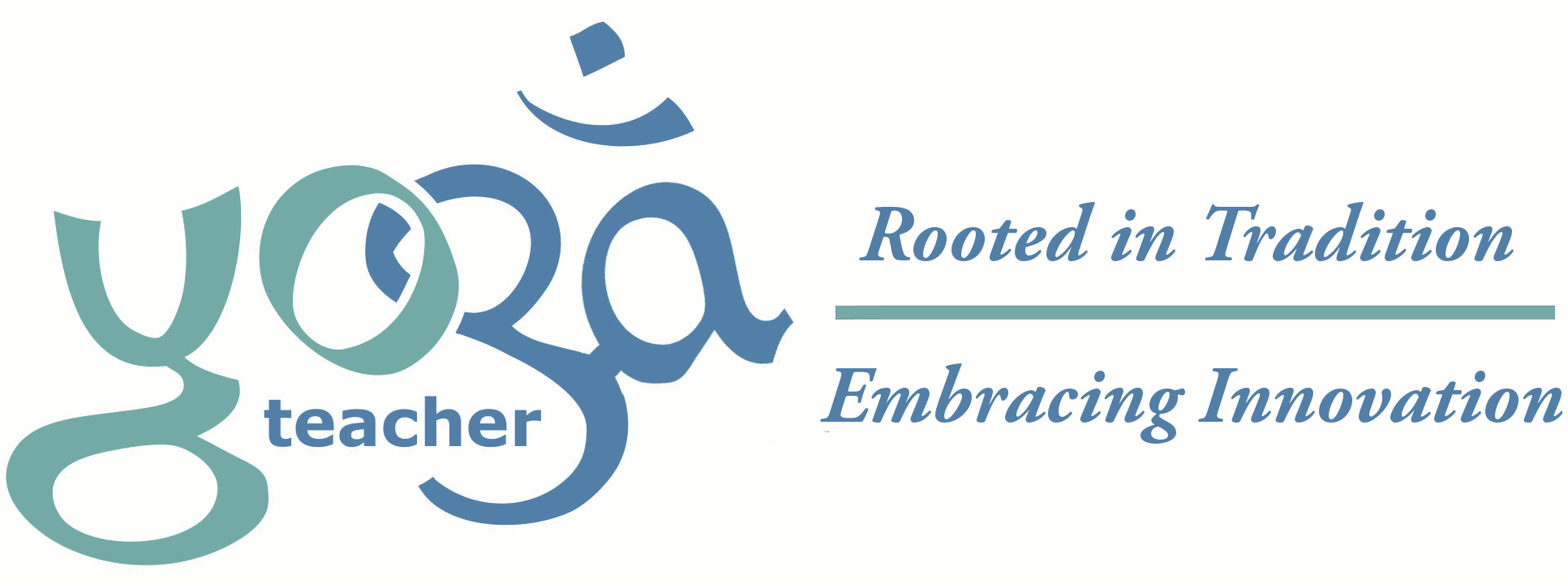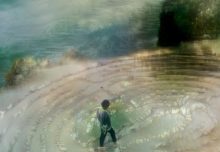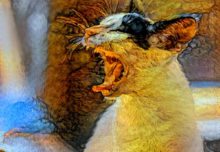
Security and freedom pull us in opposite directions. It can be challenging to find our balance. If we put too much emphasis on security we would fill in the swimming pool, sell our car and move into a fortified bunker. We would not open the door to strangers
or risk going out to see a movie. This path however, does not free us from fear, it feeds our fear. On the other hand, if we put too much emphasis on freedom we would not live long enough to enjoy it. Balance is the key.
The life expectancy of the Grey Squirrel in captivity is up to 20 years. In the wild the average life expectancy drops to about 2 years. A few lucky squirrels might live 10 or more years in the wild, while most die before their first birthday. What is the difference? Certainly, relative intelligence plays a role. Squirrels who made bad decisions do not live long. Over time, nature selects for larger brains (up to a point).

Domestication on the other hand, replaces ‘survival of the fittest’ with ‘survival of the friendliest’. This results in a state called arrested adolescence.
A wolf pup grows up and becomes a responsible adult wolf. Dogs, on the other hand, never outgrow their adolescence. Domesticated animals are not only friendlier than their wild cousins, but have substantially smaller brains. This applies to dogs, cows, pigs, and even wild vs farm raised trout. On average a domesticated animal’s brain is 30-35% smaller than its wild equivalent.
Civilization conveys many advantages, not least of which is increasing security – food, shelter, medicine, and everything else we take for granted. But in exchange, we must give up a certain amount of freedom and agree to abide by a set of rules. Civilization requires higher levels of cooperation which favors friendliness over aggression! The result is that along with cats, dogs and pigs, we have also managed to domesticate ourselves.
Anthropologists have long observed that the size of the human brain grew over several million years. Then, about 40,000 years ago it started shrinking again. So far it has shrunk 10% and there is no reason to suspect that it has finished shrinking.
If the path to greater security is a domesticated population, and the associated loss of intelligence, is that a price worth paying? And is that security real? The farmer may shelter his sheep and feed them and protect them from the wolves. The sheep probably feel safer under the farmers protection. But at the end of the day, who protects the sheep from the farmer?

Perhaps it is time we look for a little better balance in our lives and in our culture. Perhaps a little less civilization and a little more freedom might be a good thing, even if it means giving up a little bit of security. Security will never be found in ones circumstance, but rather in our own state of mind.
“Suffering is primarily a call for attention, which itself is a movement of love. More than happiness, love wants growth, the widening and deepening of awareness and consciousness and being. Whatever prevents that becomes a cause of pain, and love does not shirk from pain.” ~ Nisargadatta Maharaj





